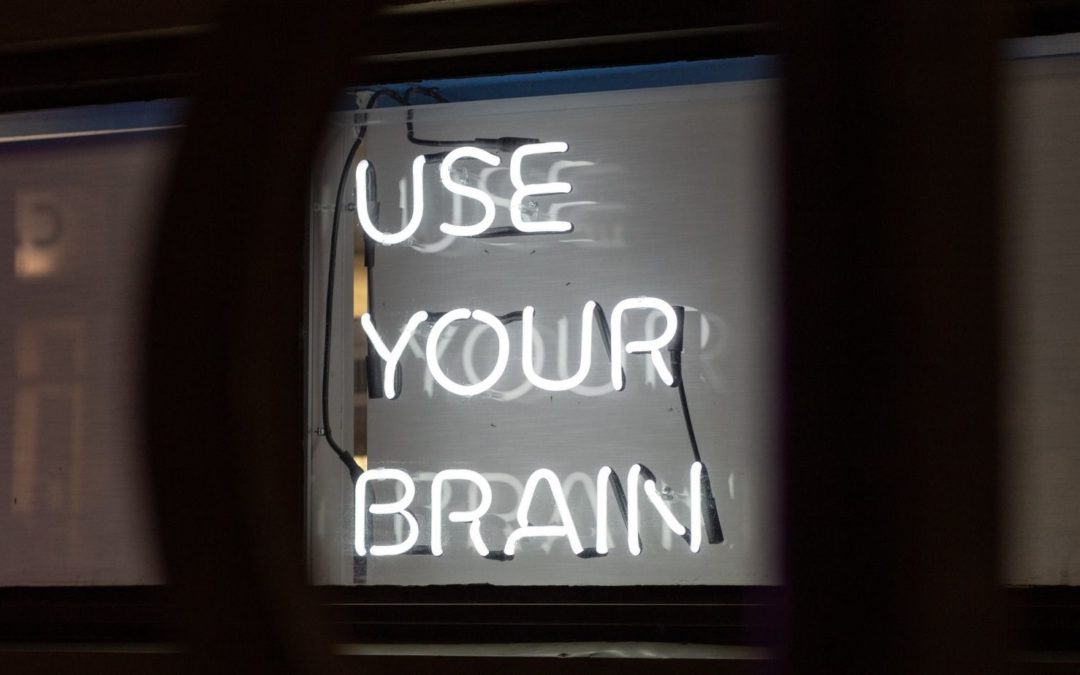Following the onset of the COVID-19 pandemic, a growing number of individuals began experiencing “brain fog,” a term often used to describe symptoms such as memory issues and lack of mental clarity.
For some, the mind haze came on following an infection with COVID-19, but for others, it appeared after a disjointed year of quarantining, working from home and an overall lack of a normal schedule. According to medical experts, the phenomenon — which has been informally dubbed “pandemic brain” — can happen to anyone and is caused by a plethora of issues including exhaustion, dehydration, poor diet and more.
What is Brain Fog?

Photo by Anete Lusina from Pexels
Brain Fog has been described as a feeling of mental confusion where an individual lacks mental clarity. According to Dr. Carrie Lam, many suffering from brain fog describe a loss of focus, and a sensation of “so close and yet so far,” when trying to regain their sharpness.
“The term ‘fog’; is used because it feels as if a cloud comes over your thought process that reduces your ability to think clearly,” she said.
Lam is a physician at the Lam clinic, a medical practice with the mission of helping individuals suffering from Adrenal Fatigue Syndrome, a term applied to a collection of nonspecific symptoms, such as body aches, fatigue, nervousness, sleep disturbances and digestive problems.
What causes Brain Fog?
In the majority of cases, brain fog is brought on by nutritional, metabolic, hormonal, and biochemical imbalances that stem from a variety of factors, according to Lam.
“The neuroendocrine system is the primary conduit of memory function,” she said. “Dysfunction of this system is the most common cause of brain fog.”
Dr. Rashmi Byakodi, a health and wellness writer and the editor of Best for Nutrition, an independent website that creates evidence-based articles on nutrition and healthy living, said cognitive impairments that are perceived as exaggerated mental fatigue can be caused by chronic fatigue syndrome due to impaired blood flow to the brain which leads to mental fatigue.
According to Byakodi, the most frequent causes of brain fog include:
- physical fatigue (91 percent)
- lack of sleep (90 percent)
- prolonged standing (87 percent)
- dehydration (86 percent)

Photo by Alex Green from Pexels
Diagnosing Brain Fog
To date, there are no specific medical or objective laboratory tests to diagnose and measure brain fog, according to Lam. This can be frustrating for people suffering from symptoms of mind haze, as generally a sufferer has a normal physical examination.
A doctor’s diagnosis for brain fog is a subjective clinical determination based on careful history and exclusion of medical illness that presents with similar symptoms.
It’s important to note that brain fog is not the same as Alzheimer’s or dementia. Since the condition comes on very gradually — sufferers are often prone to ignoring the issue instead of looking into causes, Lam said.
How can I treat my brain fog?
There are a number of activities physicians recommend to improve thinking and memory that can be applied to treat brain fog.
- Hydration: Doctors generally recommend increasing fluid and salt supplementation to improve cerebral auto-regulation, Byakodi said.
Dr. Zachary Okhah, Founder and Chief Surgeon at PH-1 Miami, a cosmetic practice with an emphasis in proper nutrition and fitness, agreed with Byakodi’s suggestion of increasing intake of liquids.
“Be sure to drink plenty of water each day — especially on warmer days or after exercise — as dehydration can cause cognitive problems,” Okhah said.
- Exercise: Regular aerobic exercise was reported to improve brain fog as it improves cognition and other symptoms, Byakodi said.
- Nutrition: Diet can affect your mental focus and energy, as vitamin and mineral deficiencies may also have you feeling a little foggy, Okhah suggested.
“Vitamin B-12 supports healthy brain function. Therefore, the lack of it may result in a lack of clarity and low energy,” he said. Foods that contain these vitamins include chicken, Low-fat milk or yogurt, and fruits and vegetables like Asparagus, Bananas and Oranges.
- Avoid Alcohol: Substances such as alcohol can adversely affect your brain, when suffering from brain fog, its best to avoid consumption of liquor.
Neurofeedback helps improve focus and overcome mind haze:
Often inattention, memory loss, and indecision are associated with the feeling of “brain fog” and these are conditions that are typically improved with neurofeedback.
Neurofeedback, a form of biofeedback, is a non-invasive, non-drug way to change the way your brain functions. There are devices on the market, such as the Narbis Smart glasses, that can help your brain practice behaviors to overcome mental fogginess. The glasses use technology to measure brain patterns, and sensors to track how relaxed, distracted, and focused you are. When distracted, the glasses change tint and when you refocus and are concentrating, they instantly clear.
Neurofeedback also has a long use history as a trusted tool for clinicians treating a number of neurological disorders including ADHD, insomnia, PTSD, anxiety, depression, traumatic brain injury, and dementia.
Conclusion:
As an increasing amount of individuals struggle with the frustrating manifestation of brain fog, there are a number of ways to treat symptoms. Observing the activities listed above can help maintain and boost brain clarity.
This article originally appeared on NewsBreak on 11/1/21







